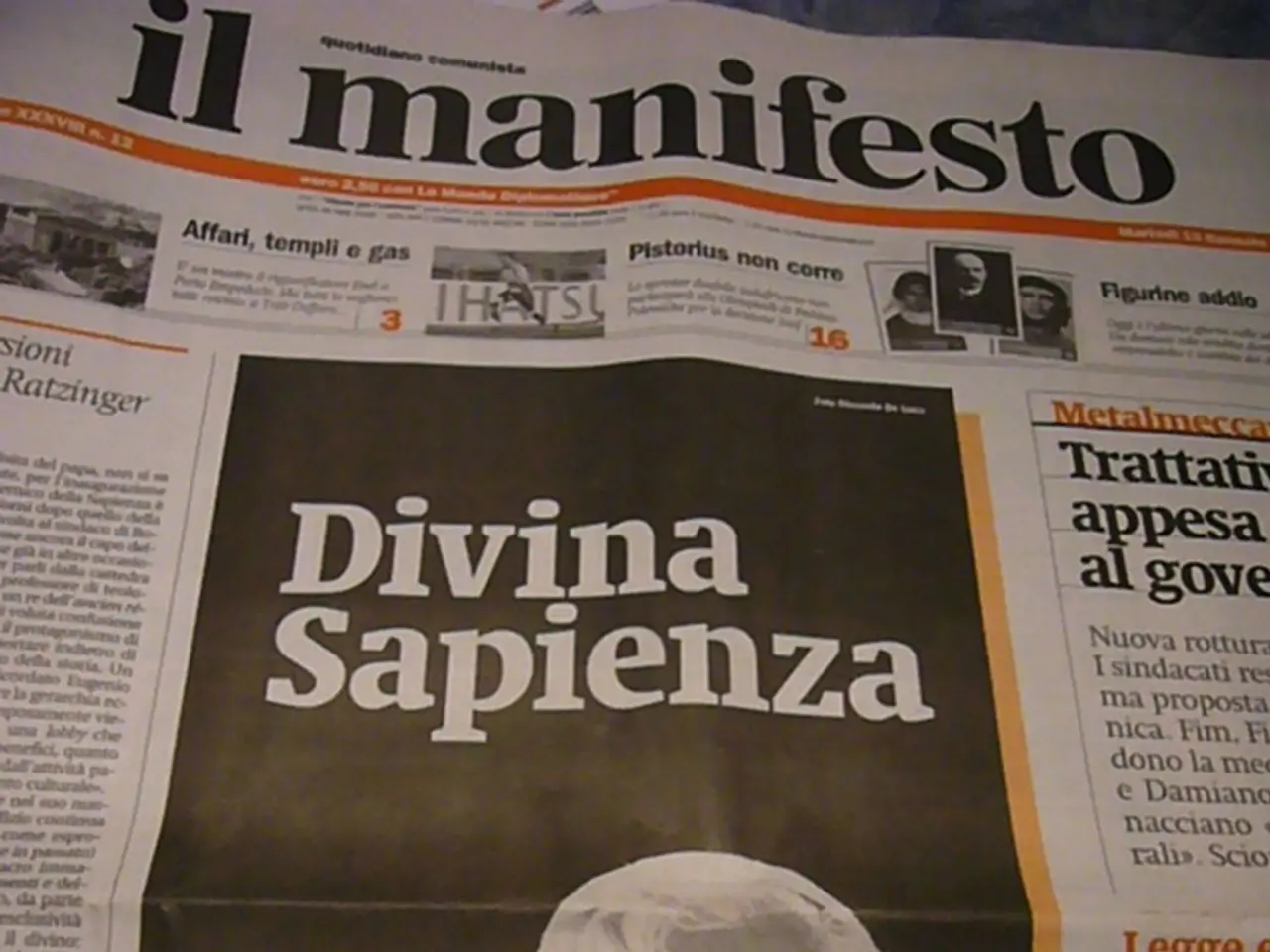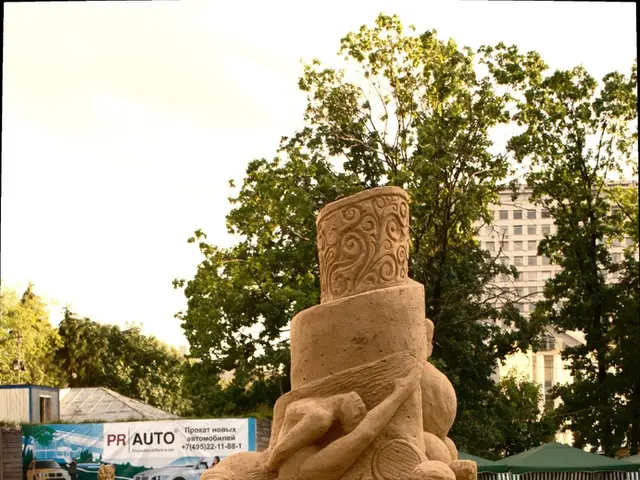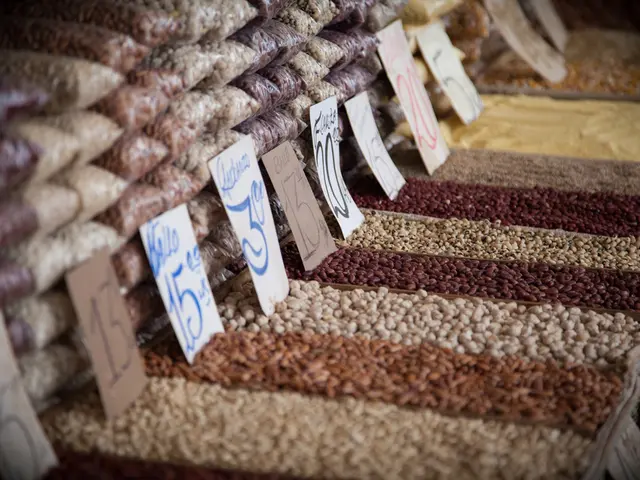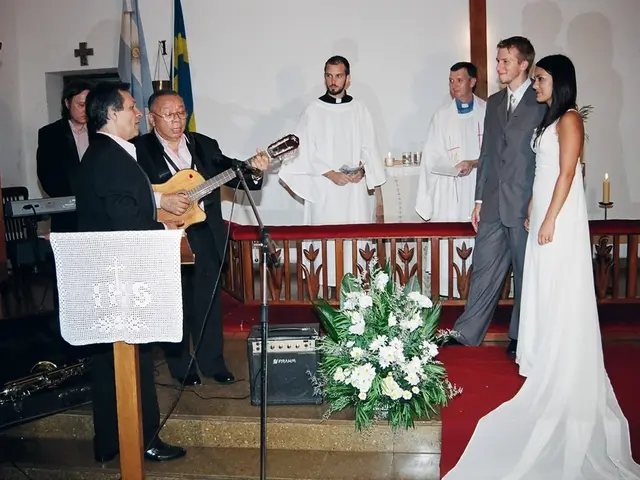Malayesian court proceedings shield the identities of minors, including Zara Qairina, involved in bullying cases to uphold the nation's focus on safeguarding young people's privacy.
Jimmy Lai, a 77-year-old media mogul and founder of the now-defunct pro-democracy newspaper, Apple Daily, is currently standing trial in Hong Kong, facing charges of foreign collusion and seditious publications. The trial is a significant test of press freedom and judicial independence in the region, attracting international attention due to its implications under the national security law imposed by Beijing.
Lai is charged with colluding with foreign forces to endanger national security in Hong Kong, specifically seeking sanctions, blockades, or other antagonistic measures against China or Hong Kong. Prosecutor Anthony Chau alleges that Lai has been anti-communist for many years and has glorified violence, mutual destruction, and martyrdom against the Chinese Communist Party regime [1].
However, Lai's defense argues that his statements were merely expressions of opinion and political commentary rather than direct calls for foreign intervention. Defense lawyer Robert Pang asserted that it is not wrong to support freedom of expression and human rights [1].
The charges are part of a broader case that also includes conspiring to issue seditious publications. Lai is accused of using his media platform and public statements to solicit foreign interference aimed at undermining China's control over Hong Kong [1]. The portrayal of Apple Daily as a "neutral defender of Hong Kong's core values" was deemed "utterly misleading" by prosecutor Chau [2].
Pang pointed to three Apple Daily news articles that prosecutors deemed seditious. He also argued that it is not wrong to try to persuade the government to change its policy or not to love a particular administration or even the country [1].
The trial has been marked by several developments. Lai has been kept behind bars since December 2020, reportedly in solitary confinement, and has lost weight during that time. He was outfitted with a heart rate monitor and prescribed medication after the defense said he was experiencing heart palpitations. Lai was attentive during Wednesday's hearing and waved to family and supporters in the public gallery [3].
A witness's testimony in the trial was deemed 'not credible' by the court. Prosecutor Chau also challenged Jimmy Lai's courtroom testimony as "not credible" [4].
The charges against Lai are brought under Hong Kong's national security law, which was imposed by Beijing in 2020. The Hong Kong government has declared that Lai is receiving "adequate and comprehensive" medical care. Lai is charged with two counts of foreign collusion, accused of lobbying Western nations to sanction China and Hong Kong [5].
Concerns have been raised previously over Jimmy Lai's health by his family and rights groups. The defense began closing arguments in Lai's national security trial in Hong Kong on August 20 [6]. Judge Esther Toh stated that the judges had already gone through the articles carefully, countering that it is "pointless" to play a numbers game regarding the 161 items [7].
Prosecutor Chau pointed to a trove of communications, some on WhatsApp, that allegedly tied Lai to political figures in the United States and a plan to lobby for Western sanctions against China and Hong Kong around the time of the 2019 protests [8].
The outcome of this trial will have significant implications for press freedom, judicial independence, and the political landscape in Hong Kong. As the trial progresses, the world watches with bated breath.
Read also:
- United States tariffs pose a threat to India, necessitating the recruitment of adept negotiators or strategists, similar to those who had influenced Trump's decisions.
- Weekly happenings in the German Federal Parliament (Bundestag)
- Southwest region's most popular posts, accompanied by an inquiry:
- Discussion between Putin and Trump in Alaska could potentially overshadow Ukraine's concerns








